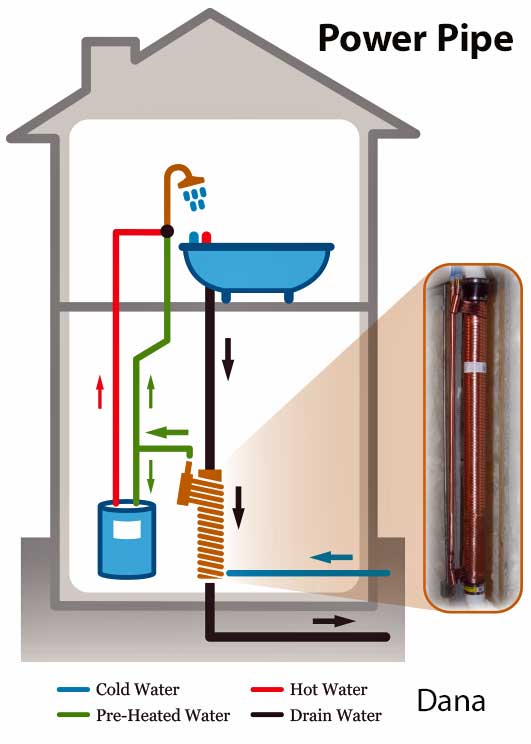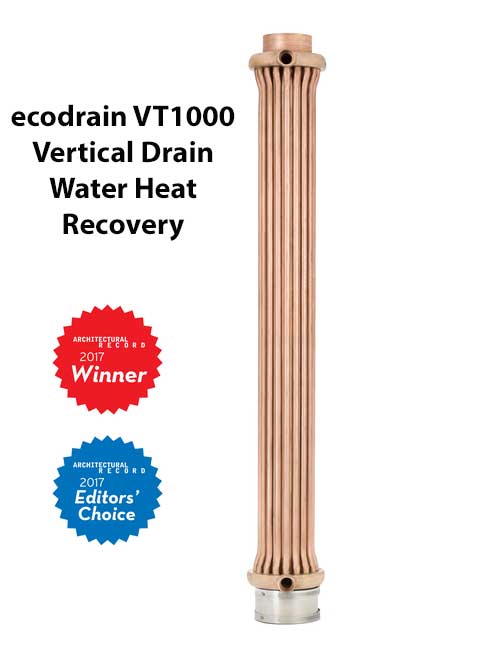Question on the hybrid since they were brought up, it looks like the recovery rate is fairly slow. Looking at a Rheem
See my first post, I am on a well that is just over 200ft deep. My cold water temperature doesn't vary much at all. It varies based on the holding tank in an unfinished basement which is currently in the process of being fully insulated vs partially insulated now.
Hopefully you haven't fallen into the mold-risky pitfall of installing a fiber-insulated studwall (either tight to the foundation, or with an air gap), with an interior side vapor barrier. Basements are subject to both interior moisture drives and condensation inside the studwall in winter, and exterior moisture drives from ground water & high dew point summertime air. There are ways of doing it on the cheap without creating mold farms- a topic that gets covered fairly often on the remodel forum here.
With multiple teenagers taking showers the "apparent capacity" of any tank water heater (including heat pump water heaters) can be extended substantially using a drainwater heat exchanger to pre-heat the incoming water headed to both the cold side of the shower and the cold intake to the water heater. They're not cheap, but cheaper than the upcharge between a 50 gallon heat pump water heater and an 80 gallon version, and a 4" x 48" or bigger can cut the total energy use by about half or more.
There are
others.
Energy use alone won't pay for the heat exchanger if it's a heat pump water heater (it pays for itself up front by the reduced size), but it will pay off on energy use well before you're rid of your brat-pack if heating with propane or a plain old electric tank.
The current best-in-class (on both return efficiency and lower pressure drop) is the
EcoDrain VT-1000 series, which can be purchased direct from the manufacturer. (I don't believe this Canadian vendor has distributors in the US yet). Renewability's Power Pipe series isn't bad either, and can be gotten through the big orange box store's website and a few other vendors, or
direct from the manufacturer , also in Canada. (I installed an R4-48 4" x 48" PowerPipe installed at my house over a decade ago and it's still performing well, but were I doing it today I'd probably go with a VT-1000-4-54.) They are sometimes discounted direct from Renewabilty on the Am**** site, but lately they've been close to full-retail.
Being on a deep well is usually an argument against going tankless due to rapid liming of the heat exchangers. Some manufacturers will even void the warranty if the well water tests over some water hardness level. (If you have a water softening system that can be better controlled.) They can work even with hard water, but plumb in ports for annual de-liming if going that route. I've seen them go 10+ years without maintenance on well controlled municipal water systems, but at the other end of the scale some homes will need de-liming every six months.


